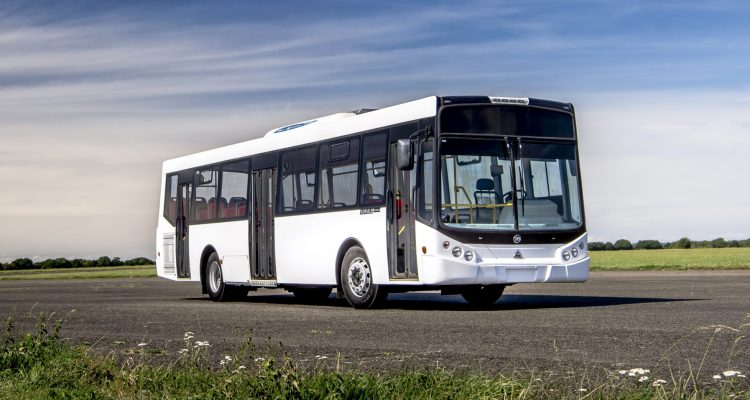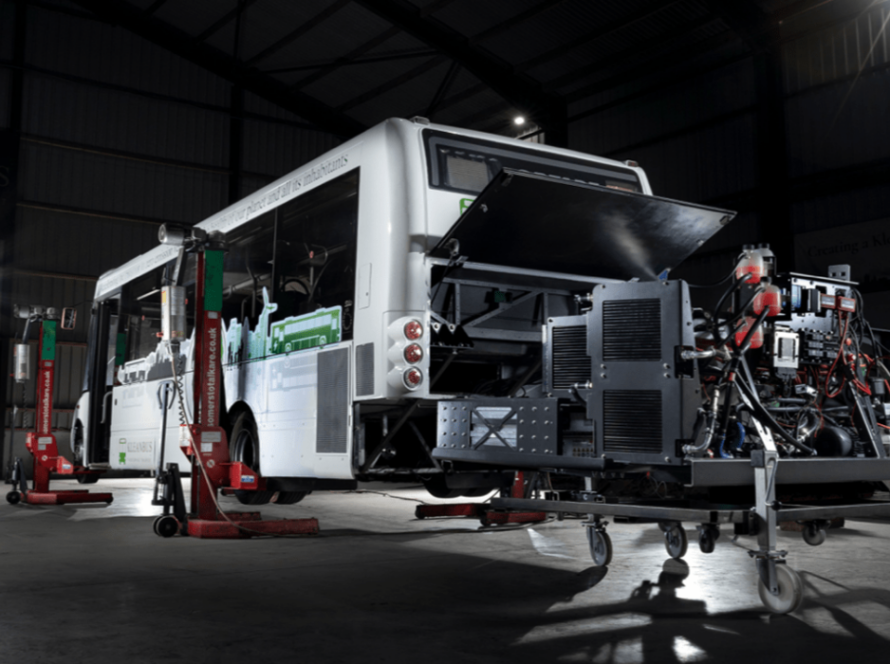For 25 years I have been studying, and working to improve, the air that we all breath. Ever since I started monitoring urban air pollution as part of my Physics degree at Manchester University I was fascinated by how human activity was impacting this essential natural resource. I moved to London, where I studied how air pollution was effecting visibility across the city from the top of the Queen’s Tower in Imperial College, where I was studying for my MSc in Environmental Technology.
At this time, the UK government were proposing to graduated Vehicle Excise Duty in an attempt to reduce CO2 emissions from road transport. I recall writing an essay on how this would potentially increase diesel emissions and have a detrimental impact on the health of people living in towns and cities. It was the first time I became aware of the potential unintended negative impacts of policies. I started working as a consultant, my first project to assess air quality during the construction of the millennium dome in Greenwich marking the start of my working life. For ten years I assessed the impacts of numerous schemes and policies on air quality and climate change. Always looking for synergies and conflicts between policies, and working to identify potential improvements where we could. The air quality industry became accustomed to calibrating air quality modelling to account for the concentrations of pollutants being monitored in our streets, and investigating why predicted improvements over time were not being delivered. We had witnessed a reduction in airborne lead and volatile organic compounds as changes in fuel quality and engine technology came into play. However, the improvements we expected to see with tightening European emissions standards, were not delivering to our expectations.
Following my move to City Hall’s Environment Team, concern for the impacts of air pollution on the health of Londoners continued to rise. Detailed investigations by TfL and air quality experts all over the world illustrating that in fact that real world emissions of vehicles were far higher than the we thought from initial vehicle testing. We targeted the most individually polluting vehicles to make the most cost effective improvements to air quality, through London’s first Low Emission Zone and improvements to bus and taxi emissions but it was clear that more was needed. It was at this time that we learnt that some vehicle manufacturers had been using ‘defeat devices’ during testing to meet the emissions standards on which we had all depended to deliver air quality benefits. I moved to TfL, where we worked on the Ultra Low Emission Zone, which brought diesel vehicles, including for the first time cars, up to Euro 6/VI standards. The world felt like it had suddenly woken up to the threat of diesel emissions to our health and action needed to be taken immediately.
After a 25 year journey, I was delighted to meet the team at Kleanbus. Experts from a variety of backgrounds, united by their passion to deliver cleaner air and remove diesel vehicles from our roads as soon as possible. As Director of Environmental, Social Governance I ensure that we operate in the most environmentally and socially sustainable way, and maximise the benefits we set out to deliver, for all of society.






